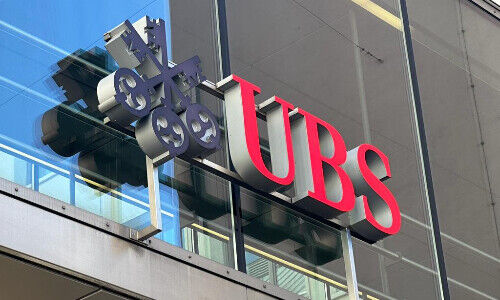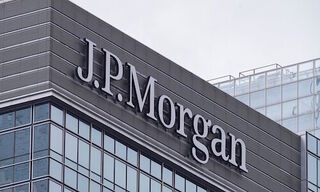UBS finds itself in a double dilemma today. It has to answer for its past in France and pay for the negligence of Credit Suisse. What are the chances of success?
Today, the trial against UBS continues in France where it stands accused of aiding and abetting illegal customer acquisition and money laundering, in a legal dispute that's been going on for ten years. In 2019, UBS was convicted for the first time and ordered to pay 4.5 billion euros ($4.8 billion).
The bank appealed the verdict, which helped to a limited extent. The court demanded a lower payment of 1.8 billion euros but upheld the conviction, representing enormous reputational damage for UBS which persists. It appealed the verdict.
1. When Can a Verdict be Expected?
The two parties meet on Wednesday before the Court of Cassation, the highest court in France. It's important to note the «Cour de Cassation» isn't reassessing the case, but reviewing the previous proceedings and examining whether errors were made and the law correctly applied.
Further arguments will be made, but no new evidence will be submitted, with legal experts expecting a verdict in one and a half or two months. Until then, the case will hang over UBS which is currently absorbed with the integration of Credit Suisse, which brings with it numerous legal cases which UBS has inherited.
2. What Can UBS Hope For?
There are two possible outcomes from the negotiations. If the court finds procedural deficiencies, the matter is handed back to the Court of Appeal, putting the case back to square one by reopening it.
That doesn't mean that UBS can expect a more lenient verdict. Among legal experts, the predominant view is that in a case where the Cour de Cassation has questioned the verdict, a lower claim, but presumably not complete acquittal, is to be expected.
3. What Are the Chances of Success?
If in the second case UBS's appeal to the Court of Cassation, the court of last resort, is rejected, the verdict would become final. Theoretically, it has the option of appealing to the European Court of Human Rights, but chances of success are likely to be slim.
UBS believes it has a real chance of prevailing in the case, in contrast to many experts who expected or recommended the bank make concessions. It's difficult to speculate about the outcome because the case has taken on a dimension for which there's hardly any precedent. Finally, the political component shouldn't be underestimated, where such cases abroad could represent a threat to the Swiss financial industry.
4. What's the Greatest Difficulty?
Reopening the case before the Court of Appeals requires enormous resources on the part of UBS at a time when it's absorbed with the task of integrating Credit Suisse.
It's not without certain irony that UBS is legally challenged on two fronts because of its past and the numerous legal cases in which Credit Suisse has been dramatically entangled including: Archegos, Greensill, Mozambique, and Bermuda.

























